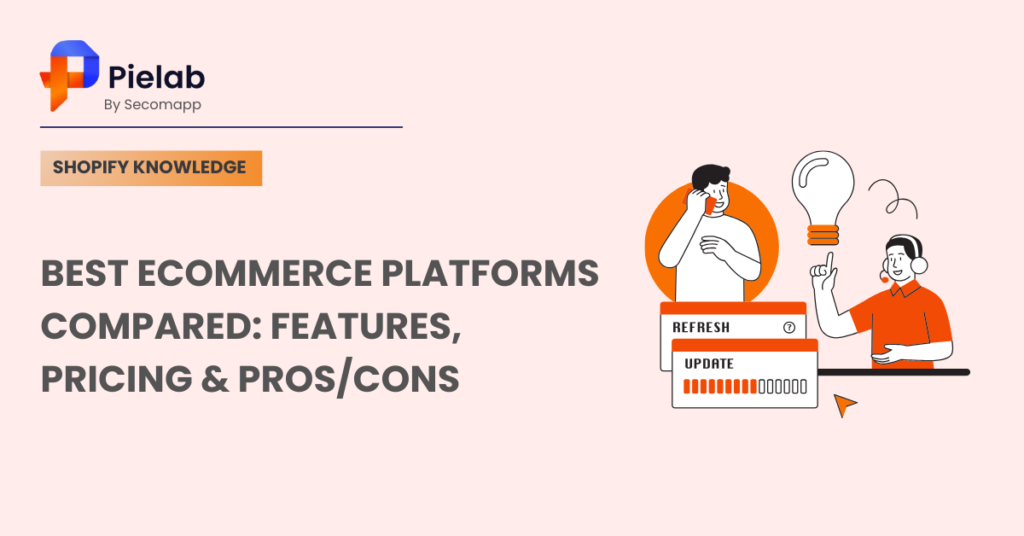Choosing the best eCommerce platform is the initial step for any online business. There are many options, some are easy to use, while others offer advanced features for growth.
In this guide, we compare the best eCommerce platforms based on features, pricing, and pros and cons. Our goal is to help you find the suitable one. Let’s explore together!
Key Features to Look for in an eCommerce Platform
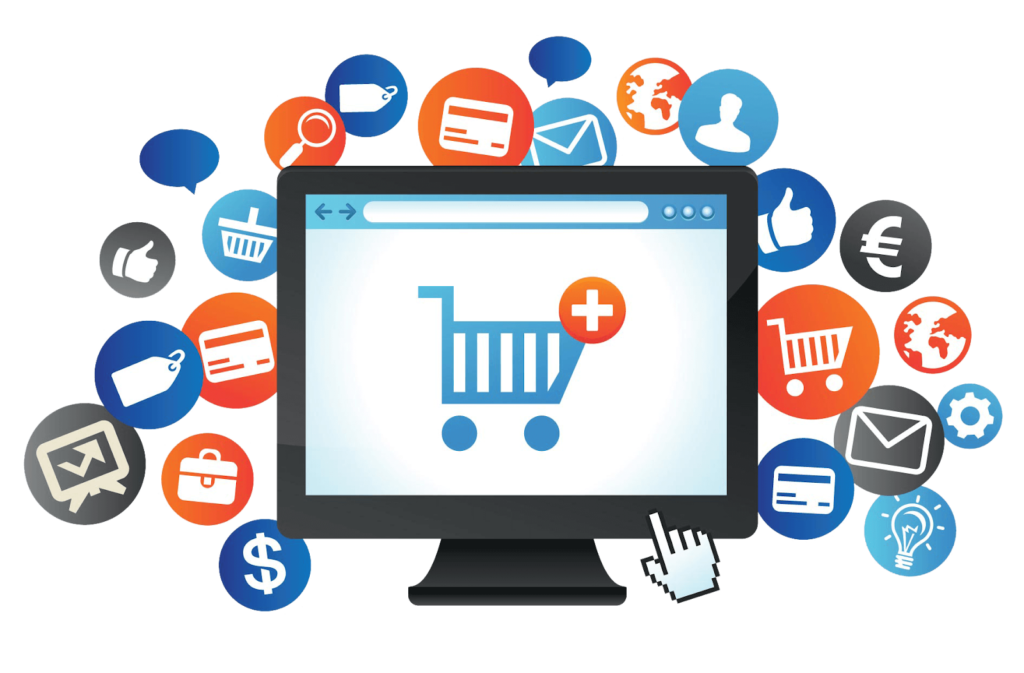
You will need a platform that can help you with marketing and support business growth. Below are the most important features to consider.
-
Ease of Use & Customization
Your eCommerce platform should be user-friendly, even if you have no technical skills. Setting up your store should take hours, not days. Therefore, we recommend platforms with drag-and-drop editors and pre-designed templates.
Moreover, it will be better if the platform offers customization options. This means that you are able to change colors, fonts, and layouts to match your brand.
-
Essential eCommerce Features
A good eCommerce platform should have all the tools you need to run and grow your store. First, payment options must be diverse, supporting credit cards, PayPal, and digital wallets to give customers flexibility. Without this, you risk losing potential buyers at checkout.
Next, inventory management should be simple, helping you track stock levels and prevent overselling. Some platforms even offer automated restock alerts, which can save you time.
Moreover, a platform with built-in email marketing, discount codes, and social media integration makes it easier to attract and retain customers. SEO-friendly features, like custom URLs and fast-loading pages, help your store rank higher on Google. The better your visibility, the more traffic and sales you get. By choosing a
-
Pricing & Scalability
Cost is an important consideration, but it goes beyond the monthly charge. Certain platforms may initially appear to be reasonably priced, but they charge more for premium services, add-ons, and transaction fees. Some provide a single price that is more predictable. You should calculate the total cost, including payment processing fees and any additional tools you might need.
Scalability is just as crucial. As your business grows, you might require more storage to handle a larger inventory or advanced features, such as automation for order processing. If you plan to sell on multiple platforms, multi-channel selling will be a valuable addition.
-
Customer Support & Integrations
No matter how user-friendly your platform is, sooner or later you’ll need help. So, we recommend you opt for a platform with multiple support channels, such as live chat, email, and phone support. 24/7 support is ideal, especially if you’re selling to customers in different time zones.
Best eCommerce Platforms: Comparison & Reviews
Here is a quick overview:
1. Shopify
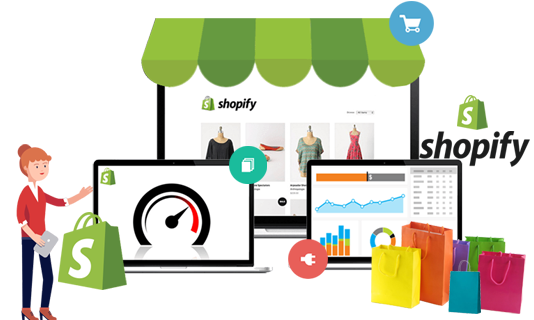
Among the best eCommerce platforms to use is Shopify. It eliminates the requirement for server management by providing a completely hosted solution. Moreover, creating a store is quick and simple with drag-and-drop customization and expert themes.
Shopify’s integrated payment, inventory, and delivery tracking features are further benefits. There are thousands of add-ons in its app store, like SearchPie, to enhance automation, SEO, and marketing. These apps can help you increase conversions, quickness, and store visibility.
Pros:
-
User-friendly for beginners.
-
24/7 support and a massive app ecosystem.
-
Built-in POS and international selling.
Cons:
-
Costs escalate with apps/plugins.
-
Limited SEO customization.
-
Transaction fees if not using Shopify Payments.
2. WooCommerce
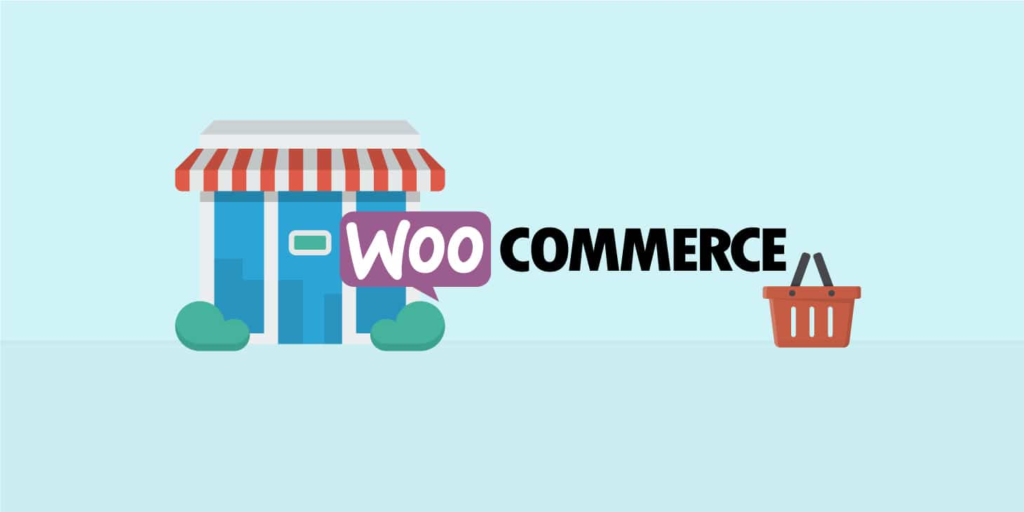
WooCommerce is a flexible option for those looking for the best eCommerce platforms with full control over their store. It’s an open-source plugin for WordPress, so you can customize everything from design to features.
Unlike fully hosted solutions, WooCommerce requires you to handle hosting, security, and maintenance. However, this gives you the freedom to scale and optimize your store as needed. It supports various payment gateways, SEO tools, and thousands of plugins to enhance functionality.
Pros:
-
No platform lock-in.
-
Ideal for content-heavy sites (blogs + store).
-
Low upfront costs.
Cons:
-
Requires WordPress expertise.
-
Plugins can conflict or slow performance.
-
Self-hosted security risks.
3. BigCommerce
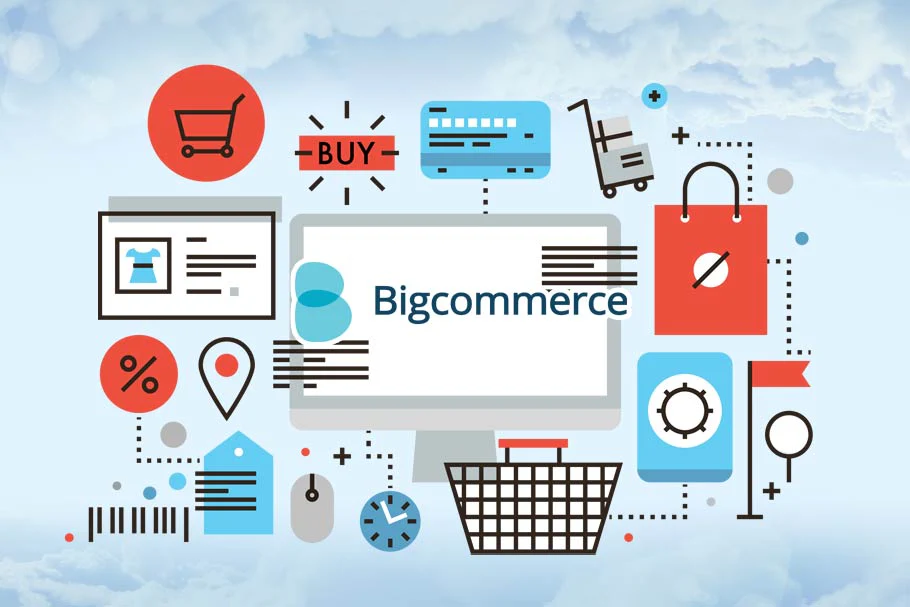
BigCommerce is a strong contender among the best eCommerce platforms, especially for growing businesses. It offers a fully hosted solution with advanced built-in features, reducing the need for third-party apps. Merchants get powerful tools for SEO, multi-channel selling, and scalable infrastructure.
For example, brands like Skullcandy use BigCommerce to handle large product catalogs and high traffic. It also supports various payment options with no extra transaction fees. If you need a platform that grows with your business, BigCommerce is a solid choice.
Pros:
-
No transaction fees.
-
Built-in multi-currency support.
-
Robust API for customizations.
Cons:
-
Sales caps on lower tiers.
-
Steep learning curve.
-
Limited free themes.
4. Wix eCommerce
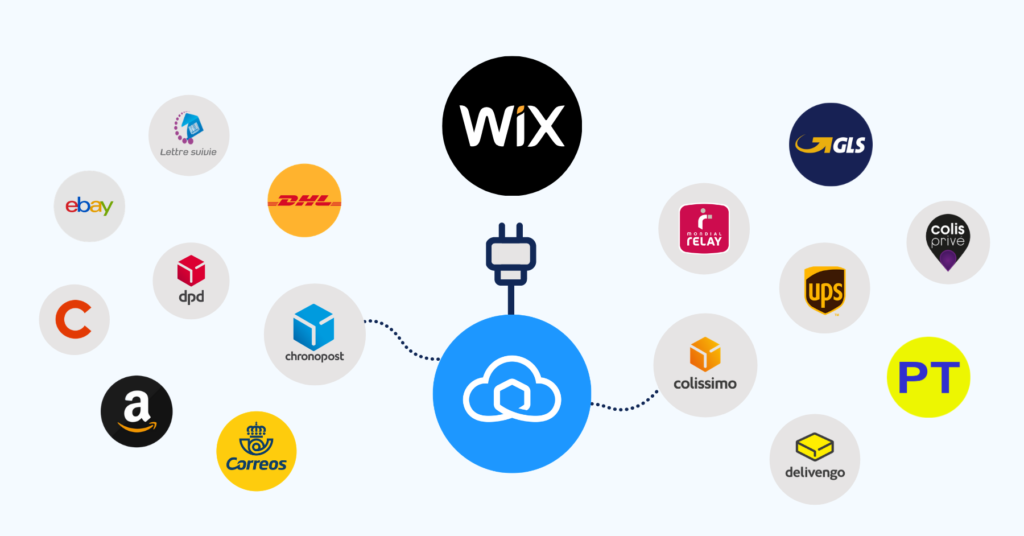
After testing a number of systems, we have to state that Wix eCommerce is the most user-friendly and adaptable. With its drag-and-drop builder, creating a store without knowing any code is easy. Secure payments, automated tax computations, and multi-channel social media sales are all features of the platform.
With features like bulk product uploads, personalized pricing for each customer, and sophisticated shipping regulations, Wix is among the top wholesale eCommerce platforms for bulk merchants. In order to boost sales, it also offers email marketing, abandoned cart recovery, and integrated SEO tools.
Pros:
-
Stunning templates for visual brands.
-
Free plan available (non-ecommerce).
-
24/7 multilingual support.
Cons:
-
Cannot switch templates after publishing.
-
Limited scalability for large inventories.
-
Transaction fees on lower tiers.
5. Magento (Adobe Commerce)

We discovered that one of the greatest systems for eCommerce websites requiring sophisticated customisation is Magento (Adobe Commerce). For big companies with intricate product catalogs and heavy traffic, it’s an excellent option.
Strong SEO capabilities, adjustable price guidelines, and multi-store support are just a few of Magento’s potent features. Additionally, it gives complete control over backend operations, connectors, and design. But managing it demands technical know-how and has a steep learning curve.
Pros:
-
Unlimited scalability
-
Advanced personalization with AI
-
Multi-brand and multi-store management
Cons:
-
Requires developer expertise.
-
High hosting/maintenance costs.
-
Slow customer support.
FAQs
-
Which is the best eCommerce platform for beginners?
Shopify’s built-in features, 24/7 support, and ease of use make it the ideal option for beginners. It lets you easily set up a store and doesn’t require any code.
-
What is the most scalable eCommerce platform?
BigCommerce and Magento are highly scalable. They support large product catalogs, high traffic, and advanced customization, making them ideal for growing businesses.
-
Which eCommerce platform is best for SEO?
WooCommerce and Shopify are great for SEO. WooCommerce gives you full control over SEO settings, while Shopify offers built-in SEO tools and apps to improve rankings.
-
What is the best wholesale eCommerce platform?
Wix eCommerce and Shopify offer strong B2B features, including bulk pricing, custom quotes, and private storefronts, making them great choices for wholesale businesses.
Conclusion
From the above, we have provided you with the best eCcommerce platforms, each designed for different business needs. The right choice depends on your budget, experience, and future growth plans. Moreover, you should explore free trials and key features before deciding.

